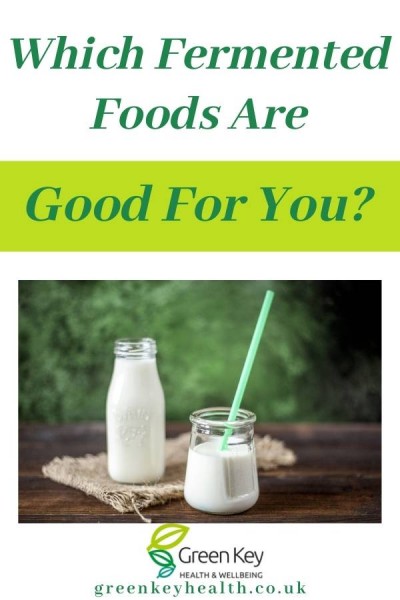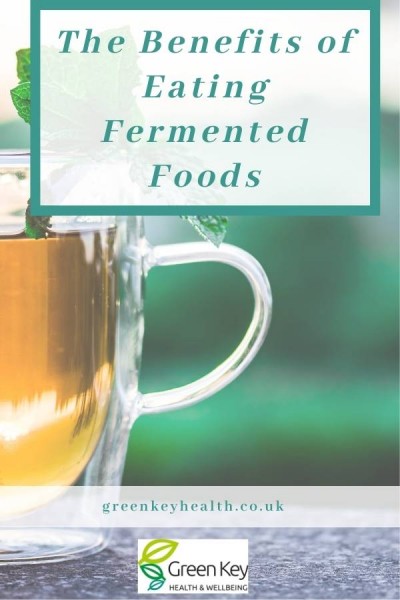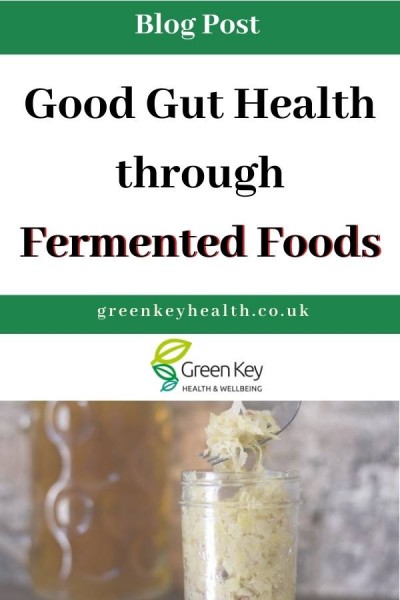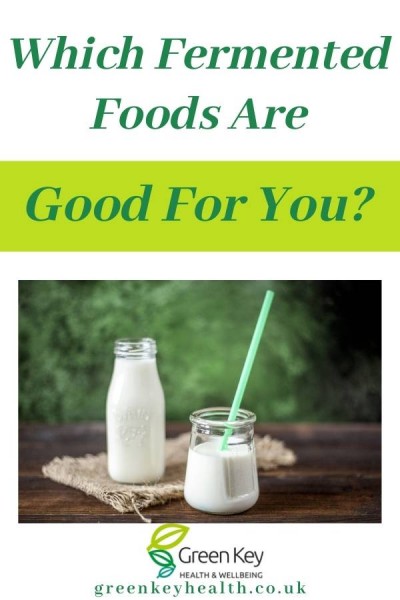
Fermented foods receive a lot of attention for one reason or another. Is this justified?
Fermented foods are an ancient technique of preserving food, including cheese, sauerkraut, kimchi, kefir and kombucha. These foods are rich in probiotics which help to keep your digestion healthy by populating the gut with beneficial gut bacteria. With the link between the gut and the brain, fermented foods also have an impact on brain health as well as the immune system. Seventy percent of our immune is found in the gut-associated lymphoid tissue, therefore a healthy gut is essential for a strong immune system.
What are fermented foods?
The most well-known fermented foods include Kimchi, essentially a raw fermented Chinese cabbage soaked in a salty brine with cayenne pepper, ginger and sometimes other vegetables and spices added. It is a traditional side dish to most main meals in Korea. Sauerkraut, a traditional German dish is also cabbage that has been fermented, but in this case with salt, rather than a salty brine to give a lacto-fermentation rich with probiotic lactic-acid bacteria.
Kefir, another fermented food, commonly found in Eastern European countries, is usually made from cow’s milk, but can also be made with goat’s milk. It is a fermented drink, looking very similar to yogurt, but thinner. The process of fermentation turns the milk's lactose into lactic acid, giving it a slightly sour taste. Due to the process of fermentation and the breaking down of lactose, those who cannot tolerate cow’s dairy, can often enjoy kefir without any adverse effects.
Kombucha whilst not a fermented food, but rather fermented tea can be made from any kind of tea, adding interest and flavour to suit different tastes. The fermentation process is started with a combination of bacteria, yeast and sugar, which create a large bacterial colony that forms a film over the tea. This is known as a scoby and can be used to make the next batch of kombucha.
Fermentation is a natural process through microorganisms like yeast and bacteria which convert carbohydrates – starch and sugar, into alcohol or acids. It is the alcohol and the acids that act as a natural preservative and give fermented foods a distinct zest, tartness and in some cases even sourness. The fermentation process promotes the growth of beneficial bacteria, commonly known as probiotic bacteria or probiotics. During the salting and fermenting process pathogenic bacteria are eventually eradicated and replaced with beneficial bacteria, leading to heightened health benefits when including fermented food in your diet on a regular basis.
What are the benefits of eating fermented foods?
Kimchi, for example is packed with an assortment of powerful antioxidants, preventing oxidative damage from harmful effects of free scavenging radicals, and is rich in probiotics in the form of lactobacillus bacteria. Kimchi is also high in fibre and nutrient rich, containing many vitamins including A, B1, B2 and vitamin C, as well as being rich in amino acids and minerals – iron, calcium and selenium.
As the gut houses approximately seventy percent of the immune system in the gut- associated lymphoid tissue (GALT), this means that when our gut is well populated with probiotic bacteria, the fermented food will improve immune function, heart health and digestion of foods, whilst also supplying many additional vitamins and minerals, as seen with kimchi.
The link between the gut and the brain through the gut-brain axis also means that poor gut health will affect our brain health negatively, possibly experiencing lack of focus, brain fog and poor memory. Therefore, including fermented foods regularly in your diet, also has an impact on your brain health. When buying fermented foods be sure to buy good quality products that have been fermented correctly.
Is there a right time to include fermented foods into your diet?
Including fermented food and drinks into your daily diet is an easy way to ensure good gut health. Probiotic good bacteria from fermented food and drinks will populate your gut with bacteria that aid the digestion of food and support strong immune health. These foods are particularly helpful after completing a course of antibiotics, as they re-populate the gut with the good bacteria that the antibiotics have eradicated. As we age, our body systems, including the process of digestion becomes less efficient and eating fermented foods can be helpful in maintaining good digestion.
Eating a variety of fermented foods gives the consistency to keep bad bacteria from multiplying in the gut and causing gut issues. Look to incorporate kefir into smoothies, on cereals in place of yogurt or on its own. Taking a tablespoon of kimchi or sauerkraut with your main meal is all you need to get the benefits of a good dose of healthy bacteria. Kimchi is not only an excellent side dish, but it can also be added to soups, stews and other dishes. Try putting sauerkraut or kimchi into sandwiches, on pancakes and in omelettes.
References
Marco, Maria L., Heeney, Dustin, Binda, Sylvie, Cifelli, Christopher J., Cotter Jay D., Foligne Benoit, Ganzle Michael, Kort Remco, Pasin Gonca, Pihlanto Anne, Smid Eddy J., Hutkins Robert. (2017). Health Benefits of Fermented Foods: Microbiota and Beyond. Last accessed 5 February 2018.
Mercola, J Dr.. (2015). The Tangy Tasty Superfood Korean Families Eat with Every Meal. Last accessed 11 February 2018.
Park.KY, Jeong AK, Lee, YE, Daily, JW 3rd. (2014). Health benefits of kimchi (Korean fermented vegetables) as a probiotic food. Last accessed 11 February 2018.
To discuss something prior to booking your kinesiology, naturopathic and herbal consultation, please contact Rachel directly.
New here? I write about how to take a holistic approach to health and well-being, to treat illness and help you be the best you can be. You can read similar blogs here:
The Fear Factor – What’s Holding You Back?
Post COVID19: 5 Steps to Creating Strong Immune Health in the Workplace
10 Tips for Protection Against Electromagnetic Radiation
Finding the New Norm
Kindness Costs Nothing: Building Healthy Relationships
Reflections on Filling Yourself Up First: Fresh Air Fridays in January
Stay Healthy over Christmas: Tips that Actually Work
How to Boost your Immunity, Naturally
A Day at Weleda – “Committed to the Well-Being of our Planet, our Environment and our People”
Why we are Addicted to Prescription Drugs
Does your Work day Eat into your Lunch Break?
Do you love Pinterest as much as I do? Please pin any of these graphics!




Add new comment